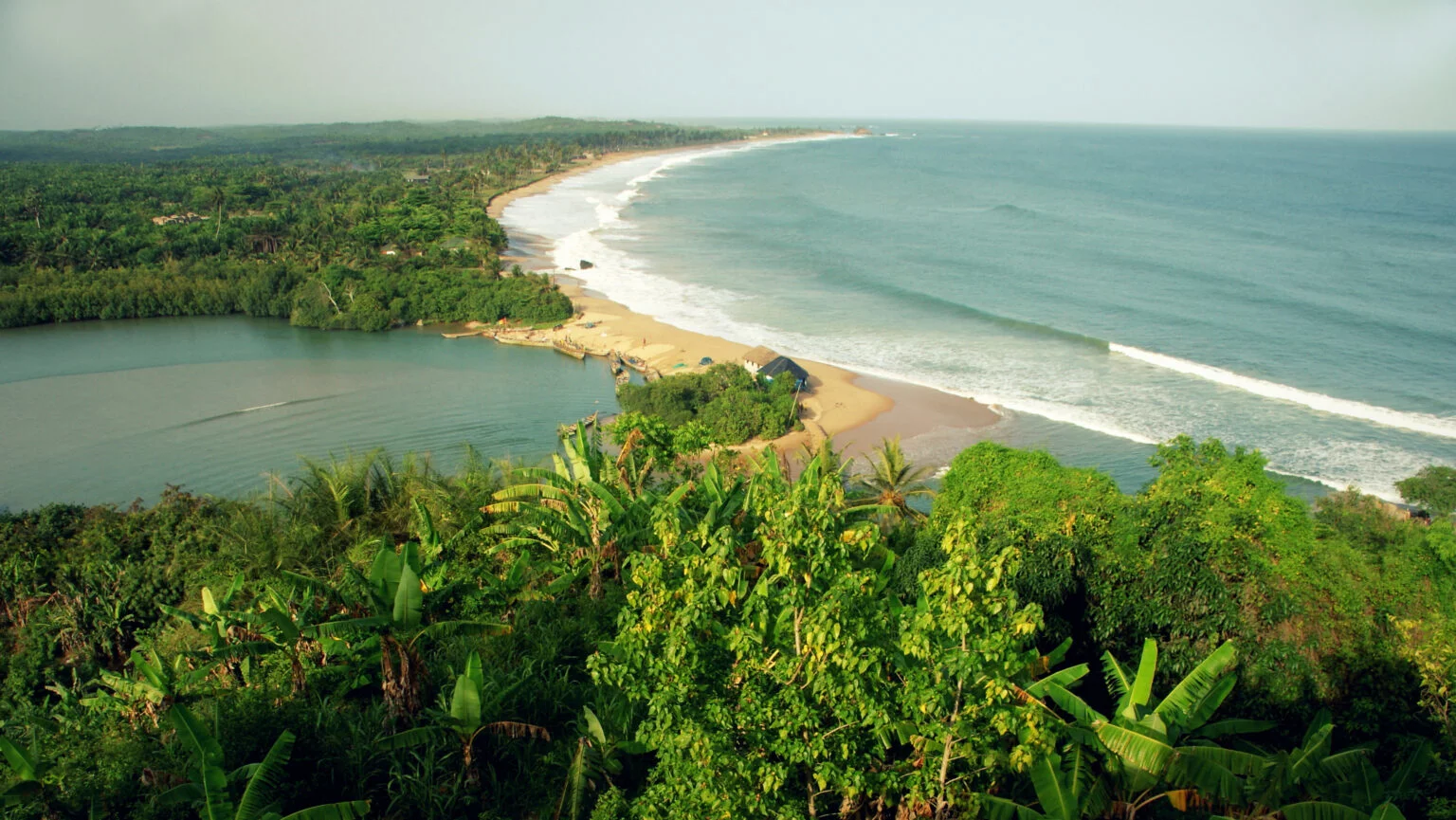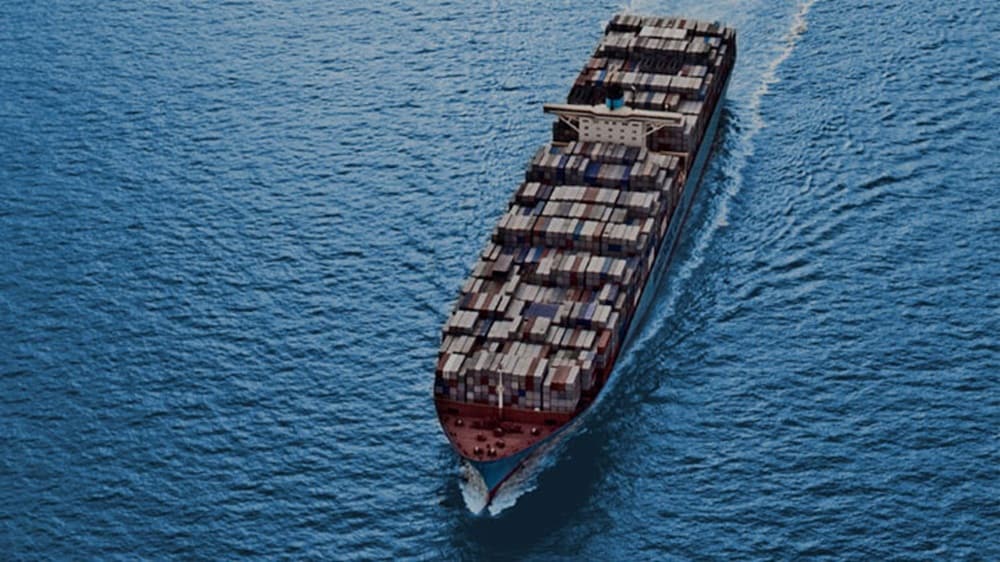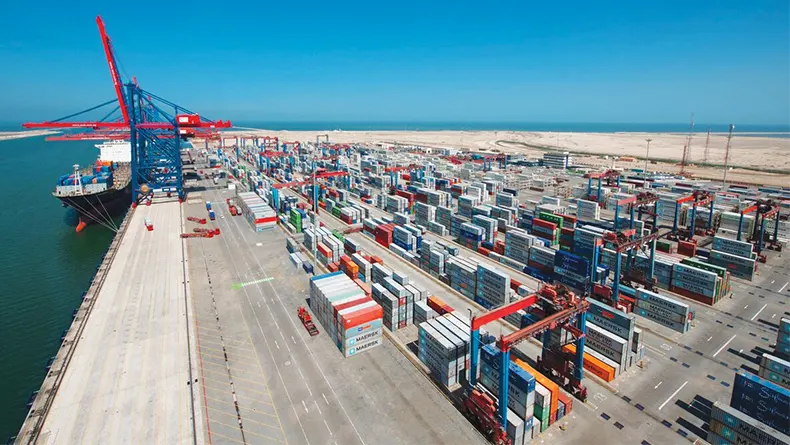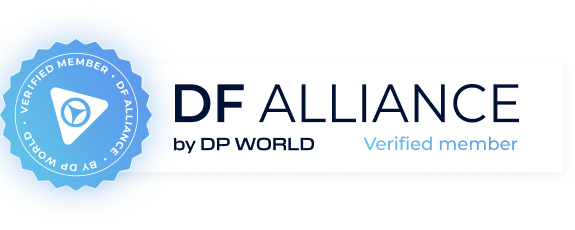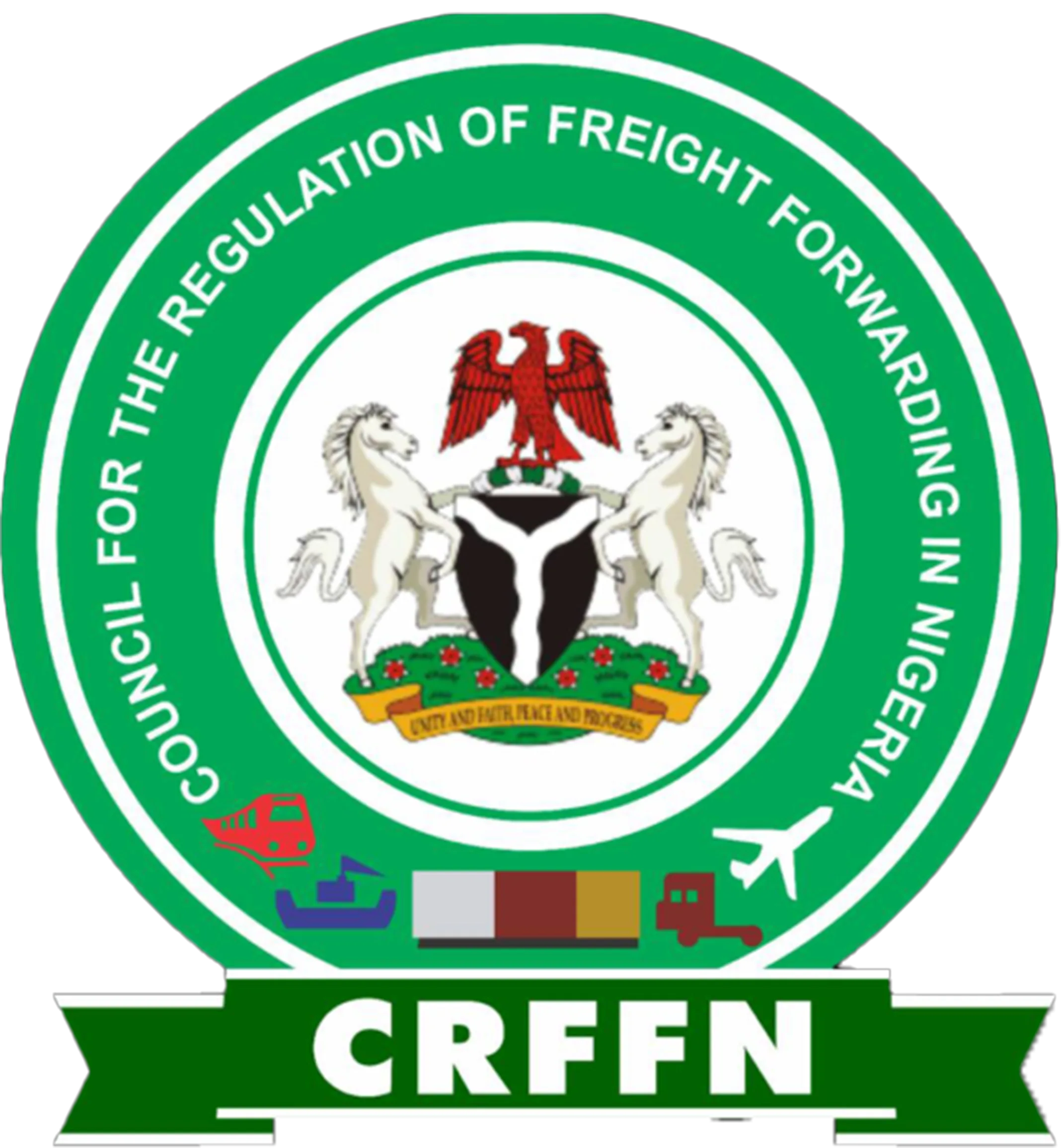Connecting Zimbabwe across Africa and beyond
Limark has been a trusted partner for Zimbabwean businesses, facilitating growth and integration into global markets through seamless logistics solutions. We understand the unique challenges and opportunities of Zimbabwe’s trade landscape and leverage our extensive network and expertise to optimize your supply chain.
Whether you’re exporting Zimbabwe’s renowned tobacco, minerals, or horticultural products, or importing essential goods and equipment, our tailored solutions ensure efficient and cost-effective cargo movement, opening doors to new markets and empowering your business to thrive globally.

Import regulations
Importing goods to Zimbabwe requires navigating specific procedures and documentation. Here’s a breakdown of the essential requirements:
Product categories requiring import licenses/permits
Food and Agricultural Products
- Imports of meat, dairy products, fish, grains, fruits, and vegetables require import permits from the Ministry of Agriculture.
- Phytosanitary certificates are necessary for plants and plant products to ensure they are free from pests and diseases.
- Import licenses are required for specific products like sugar, wheat, and rice to regulate supply and stabilize prices.
Pharmaceuticals and Medical Devices
- The Medicines Control Authority of Zimbabwe (MCAZ) regulates the import of pharmaceuticals and medical devices.
- Import permits and product registration are mandatory.
- Medicines must comply with Good Manufacturing Practices (GMP) and be registered with MCAZ.
- Medical devices must meet relevant technical standards and be approved by MCAZ.
Chemicals and Hazardous Materials
- The Environmental Management Agency (EMA) regulates the import of chemicals and hazardous materials.
- Import permits are required, and detailed safety data sheets (SDS) must be submitted.
- Strict adherence to packaging, labeling, and transportation regulations is essential.
Used Vehicles and Spare Parts
- The Ministry of Transport and Infrastructural Development regulates the import of used vehicles and spare parts.
- Import permits are required for used vehicles.
- Age restrictions apply to used vehicles, typically not older than 10 years.
- Conformity Assessment and Verification of Conformity (CBCA) certificates are required for used vehicles.
Other regulated products
Additional import licenses or permits may be required for specific products like:
- Telecommunications equipment
- Explosives
- Firearms and ammunition
- Wildlife and wildlife products
- Used clothing and footwear
- Prohibited and restricted imports:
Prohibited
- Narcotic drugs and psychotropic substances
- Pornographic and obscene materials
- Counterfeit and pirated goods
- Hazardous waste (Basel Convention)
- Ozone-depleting substances (Montreal Protocol)
- Right-hand drive vehicles
- Asbestos
- Mercury and mercury compounds
- Restricted (require special permits):
- Live animals and animal products (require health certificates)
- Plants and plant products (require phytosanitary certificates)
- Firearms and ammunition
- Explosives
- Radioactive materials
- Used tires
- Second-hand undergarments
Relevant agencies
- Zimbabwe Revenue Authority (ZIMRA)
- Ministry of Industry and Commerce
- Ministry of Agriculture
- Medicines Control Authority of Zimbabwe (MCAZ)
- Environmental Management Agency (EMA)
- Ministry of Transport and Infrastructural Development
- Standards Association of Zimbabwe (SAZ)
- Reserve Bank of Zimbabwe (RBZ)
Free Time
- Typically, 5 days for general cargo and 10 days for containerized cargo after discharge.
- May vary depending on the shipping line and port.
Demurrage charges
- Applied when the free time is exceeded.
- Calculated per container, per day.
- Rates vary depending on the shipping line, container size, and time elapsed.
Detention Charges
- Applied when the container is held beyond the agreed-upon time for return to the shipping line after being picked up from the port.
- Separate from demurrage charges.
- Rates vary depending on the shipping line and container size.
Storage Limitations
- Port terminals have limited storage capacity.
- Containers not cleared within the allowed time may be moved to an off-dock depot at the importer’s expense.
Calculation Methods
Demurrage and detention charges are calculated based on calendar days, including weekends and public holidays.
Commercial Invoice
- Detailed description of goods (including HS codes)
- Quantity, weight, and unit price of goods
- Total invoice value (in USD or ZWL)
- Incoterms (International Commercial Terms)
- Payment terms
- Consignee and consignor details
Packing List
- Detailed list of all items in each package
- Description, quantity, weight, and dimensions of each item
- Package markings and numbers
Bill of Lading/Airway Bill
- Evidence of the contract of carriage between the shipper and carrier
- Details of the shipment, including the consignee, consignor, and port of loading/discharge
Certificate of Origin
- Declares the origin of the goods
- Issued by the Chamber of Commerce in the exporting country
- May be required for preferential tariff treatment under trade agreements (e.g., SADC, COMESA)
Import License/Permit (for regulated goods)
- Issued by the relevant government agency
- Customs Declaration (Bill of Entry – Form 21):
- Submitted through the ASYCUDA World system
- Requires detailed information about the shipment and importer
Other Certificates
- Phytosanitary certificate (for plants and plant products)
- Health certificate (for animals and animal products)
- Certificate of analysis (for chemicals and food products)
- CITES permit (for endangered species)
- Consignment-Based Conformity Assessment (CBCA) Certificate:
- Required for specific products like used vehicles and electrical appliances
- Issued by an accredited inspection company
Import Licenses and Permits
- Identify the Regulating Agency:
- Determine the specific ministry or agency responsible for your goods based on the product category.
- Gather Required Documents:
- Proforma invoice or commercial contract
- Technical specifications and data sheets (if applicable)
- Certificates of origin, analysis, quality, etc.
- Business registration documents (for companies)
- Tax clearance certificate
- Submit Application:
- Complete the import permit application form.
- Submit the application along with required documents and fees to the relevant agency.
- Applications are typically submitted online or in person.
- Processing and Approval:
- The application will be reviewed and processed by the agency.
- Processing times vary but can take several weeks.
- If approved, the import permit will be issued.
- Validity and Renewal:
- Validity periods vary depending on the product and agency.
- Renewal procedures involve submitting a new application with updated documents before the expiry date.
- Costs:
- Import permit fees vary depending on the product and agency.
- Additional costs may include inspection fees and testing fees.
Customs clearance procedures
-
Pre-shipment Inspection (PSI)
- Required for most commercial shipments valued at over USD 5,000.
- Conducted by authorized inspection companies in the country of origin.
- Verifies the quality, quantity, and value of goods.
-
Arrival and Unloading
- Vessel or aircraft arrives at the port or airport.
- Cargo is unloaded and placed in customs control.
-
Document Lodgement and Declaration
- Importer or their agent lodges import documents (commercial invoice, packing list, bill of lading, etc.) with customs.
- Electronic declaration (Form 21) is submitted through the ASYCUDA World system.
-
Assessment and Payment
- Customs verifies the documents and assesses import duties, taxes, and fees.
- Payment is made through a local bank.
-
Inspection (if required):
- Customs may select shipments for physical inspection based on risk assessment.
-
Release of Goods:
If the shipment complies with all regulations and requirements, and duties/taxes are paid, customs releases the goods.
Port/Terminal operations
Major Seaports
Zimbabwe is a landlocked country, so imports are typically routed through the following ports:
- Durban (South Africa): The main port for Zimbabwe’s imports, offering efficient container handling and storage facilities.
- Beira (Mozambique): An alternative port for imports, especially for bulk cargo.
Air Cargo Hub
Robert Gabriel Mugabe International Airport (HRE): The main airport for air cargo imports.
Cut-off Dates
- Vary depending on the shipping line and destination.
- Confirm with your shipping agent or freight forwarder well in advance.
- Documentation Requirements at Terminals:
- Ensure all required documents are submitted electronically through ASYCUDA World before the shipment arrives.
- Original documents may be required for verification at the terminal.
Container Pickup/Drop-off and Storage
- Coordinate with your shipping agent or freight forwarder for container pickup and drop-off procedures at the port of entry.
- Be aware of free time limitations and potential demurrage/detention charges.
Disclaimer: This information is based on the latest available data and may be subject to change. Always consult with relevant authorities and experts for the most up-to-date and accurate information.
Export regulations
Get a detailed guide that provides an in-depth look into every aspect of the export process to ensure your goods are shipped efficiently and in compliance with all legal standards.
Product Categories Requiring Export Licenses/Permits
Minerals and Ores
- Gold: Export permits from the Ministry of Mines and Mining Development (MMMD) are required, along with a Fidelity Printers and Refiners (FPR) export license. Exporters must adhere to strict declaration procedures and pay royalties on gold exports.
- Platinum Group Metals (PGMs): PGM exports are subject to similar regulations as gold, requiring permits from the MMMD and FPR licenses.
- Other Minerals: Exports of other minerals like chrome, nickel, and coal require permits from the MMMD, ensuring compliance with mining laws and environmental regulations.
Tobacco
- Tobacco is a major export commodity in Zimbabwe, and its export is tightly regulated by the Tobacco Industry and Marketing Board (TIMB).
- Exporters must register with TIMB, obtain export permits, and comply with quality standards and grading regulations.
- Tobacco exports are subject to a tobacco levy, which is a percentage of the export value.
Horticultural Products
Flowers, Fruits, Vegetables: Exports of horticultural products require phytosanitary certificates from the Plant Protection Research Institute (PPRI) under the Ministry of Lands, Agriculture, Fisheries, Water and Rural Development.
The certificates ensure that products are free from pests and diseases and comply with international phytosanitary standards.
Cotton
- Cotton exports are regulated by the Cotton Company of Zimbabwe (Cottco). Exporters must register with Cottco and obtain export permits.
- Quality standards and ginning certificates are required for cotton exports.
Other Regulated Products
Wildlife and Wildlife Products: Exporting wildlife and wildlife products is strictly regulated by the Zimbabwe Parks and Wildlife Management Authority (ZimParks). CITES permits are required for endangered species, and strict conservation regulations apply.
Manufactured Goods: Certain manufactured goods may require export permits depending on their nature and destination country. These include textiles, clothing, and processed foods.
Scrap Metal: Export permits from the Ministry of Industry and Commerce are required to control the export of scrap metal and prevent illegal activities.
Prohibited and Restricted Exports
Prohibited
- Narcotic drugs and psychotropic substances
- Pornographic and obscene materials
- Counterfeit and pirated goods
- Hazardous waste (Basel Convention)
- Ozone-depleting substances (Montreal Protocol)
- Live animals without health certificates
- Unprocessed diamonds and precious stones
- Protected wildlife species and products (unless authorized by CITES)
Restricted
- Plants and plant products (require phytosanitary certificates)
- Firearms and ammunition (require special permits from the Zimbabwe Republic Police)
- Explosives (require special permits from the Ministry of Defence)
- Certain minerals and metals (require export permits and may be subject to export quotas)
- Art and cultural artifacts (require export permits from the National Museums and Monuments of Zimbabwe)
Required Documents
Commercial Invoice: Detailed description of goods (including HS codes), quantity, weight, value (in USD or ZWL), Incoterms, payment terms, and complete details of the consignee and consignor.
Packing List: Itemized list of goods in each package, including description, quantity, weight, dimensions, and package markings.
Bill of Lading/Airway Bill: Evidence of the contract of carriage between the shipper and carrier, with details of the shipment, consignee, consignor, and port of loading/discharge.
Certificate of Origin: Issued by the Zimbabwe Revenue Authority (ZIMRA) or an accredited chamber of commerce, certifying the origin of the goods.
Export Permit/License (if applicable): Issued by the relevant government agency.
CD1 Form (Customs Declaration Form): Electronic declaration submitted through the ASYCUDA World system, providing detailed information about the shipment.
Export Declaration Process (through ASYCUDA World)
- Register as an exporter on the ASYCUDA World platform.
- Prepare and submit the CD1 Form electronically through ASYCUDA World.
- Customs verifies the declaration and supporting documents.
- If compliant, customs approves the export and issues a release order.
- Pay any applicable export duties or taxes.
Required Export Certificates
- Phytosanitary Certificate (for plants and plant products): Issued by the PPRI.
- Health Certificate (for live animals and animal products): Issued by the DVS.
- Certificate of Analysis: May be required for specific products like tobacco and minerals to confirm quality and safety standards.
- Kimberley Process Certificate (for rough diamonds): Issued by the MMMD.
- CITES Permit (for endangered species): Issued by ZimParks.
Major Ports
Zimbabwe is a landlocked country, so exports are typically routed through the following ports:
- Durban (South Africa): The main port for Zimbabwe’s exports, offering efficient container handling and storage facilities.
- Beira (Mozambique): An alternative port for exports, especially for bulk cargo.
- Walvis Bay (Namibia): A growing port with increasing importance for Zimbabwean exports.
Cut-off Times and Procedures
- Vary depending on the shipping line, destination, and type of cargo.
- Confirm with your shipping agent or freight forwarder well in advance.
- Procedures typically include document submission through ASYCUDA World, customs clearance, security screening, and container loading.
Container Storage and Free Time
- All major ports offer container storage facilities.
- Free time for storage varies depending on the port and shipping line, typically ranging from 3 to 7 days.
- Storage fees apply after the free time expires.
Returning Empty Containers
- Coordinate with your shipping line or agent to return empty containers to the designated depot.
- Failure to return containers on time may result in detention charges.
Export Duties: Generally, Zimbabwe does not impose export duties on most goods. However, specific export levies may apply to certain products (e.g., tobacco).
Other Fees: Customs processing fees, document handling charges, terminal handling charges, storage fees (if applicable), and any specific taxes or levies related to the exported product.
Disclaimer: This information is based on the latest available data and may be subject to change. Always consult with relevant authorities and experts for the most up-to-date and accurate information.

Expertise You Can Trust
Seamless cross-border shipping to and from Zimbabwe
At Limark, we understand the unique challenges of shipping to and from Zimbabwe. Our team of local experts has a deep understanding of the complex regulatory landscape, ensuring your cargo moves seamlessly and efficiently. We pride ourselves on being a trusted partner to businesses across industries, providing reliable and cost-effective shipping solutions tailored to your specific needs.
Our extensive network, combined with streamlined processes and cutting-edge technology, allows us to deliver exceptional value to our customers. Experience the difference of working with a supply chain leader that puts your needs first. Contact our regional experts to request a quote, book, or learn more about our end-to-end solutions.
Get Expert Guidance
Contact our regional experts
Partner with experienced freight forwarders and customs brokers for seamless shipping to and from Zimbabwe. Ensure full documentation compliance with the guidance and logistics services of our team.
Sales enquiries
We’re happy to talk to you about your shipment needs anytime. Please get in touch with us.
Ready to ship?
Get your shipment moving faster. Request a quote today for our end-to-end supply chain services.
Other African Countries
